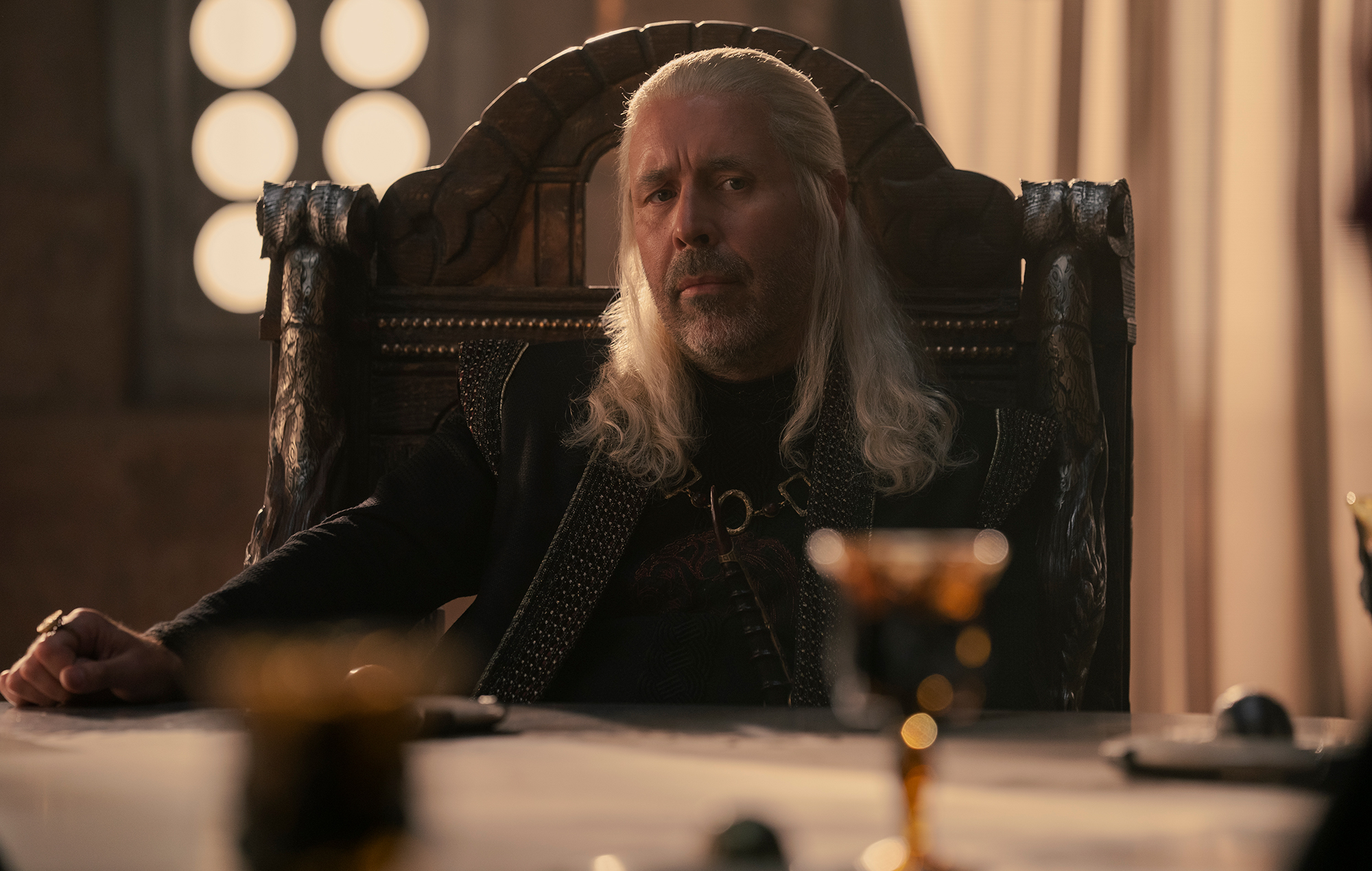
It wasn’t supposed to go like this. When I selected Bruenor Battlehammer, Dwarf Fighter, as my Dungeons & Dragons: Dark Alliance character, I was promised a mighty tank that would withstand whatever the enemy could throw at him. Currently, Bruenor is hiding behind a rocky outcrop, waiting for his special abilities to power up so that he has a chance of survival against the giant Verbeeg (think an Ogre, but skinnier) where the things being thrown at him are lethal traps. Which Bruenor cannot withstand.
Dark Alliance is a co-op brawler that will feel immediately familiar to players of any one of a host of recent loot collecting games. Playing it in single-player is an exercise in pain, as it turns out. Maybe it’s because I was playing as a Dwarf and was quite literally smaller than the goblins attacking me in groups, but I took a real pasting early on.

It’s hard to escape the feeling that the game isn’t really designed for solo players. Most of the fights are overwhelming experiences and are drawn-out slugfests while you try to avoid succumbing to enemy attacks – attacks which can easily kill you in one combo if you forget to dodge at the right time – while slowly whittling away at the horde around you.
Finish this and you can take a Short Rest: this system is both thematically very appropriate for D&D fans, but also infuriatingly opaque. At the end of a big fight, when the enemies are slain and you’ve wobbled around picking up all of the loot, you get the option to replenish your supplies and health, or you can skip that and get a boost to your loot rarity instead. It isn’t said anywhere, but if you do take the short rest, the game creates a checkpoint and you don’t have to respawn at the very start of the level when you die.
I didn’t realise this for a while in single-player. Getting through the first mission: a sprawling jaunt through once-dwarven caverns now filled with goblins, took me two hours and 15 deaths. The only checkpoint found at the final boss: who was also brutally difficult to beat.
This wasn’t helped by the game’s glitchy combat: jumping attacks are – officially – the coolest way to start any engagement, but become rapidly less enjoyable when you get stuck to the top of the enemy and slide around until you finally crash down. Dodging sometimes just simply doesn’t work, leaving you where you started and ready to get twatted by a cave troll. Both myself and the co-op partner I eventually paired up with later noticed button presses weren’t always registered. One particular boss fight made the two bosses I fought invisible for a little while, although they were still able to hit me despite their cloak of bugginess.

Also infuriating was the game’s progression system. While you’re ostensibly getting experience points for every monster you biff and you’re looting both equipment and a myriad of different currencies as you trawl around the place, you don’t actually get any of this until you get to the end of the level. Quit halfway and you lose everything. This means that if you’ve decided a level is too difficult and you back out, you get none of the rewards you’ve already earned.
It’s a shame because the different look of items is pretty cool, and your avatar in the world starts to look very different as you equip them with different items. You also level up, which gives you stat points to make you incrementally better at things, and then your feat points which… also make you incrementally better at things.
Feat points in the real, you-have-to-sit-at-a-table-and-play-this-by-looking-your-friends-in-the-face Dungeons and Dragons tabletop RPG often let you do incredible cool extra abilities. Here, I can give Wulfgar a few percentage points of lifesteal. There aren’t many actual choices to make, and while I haven’t played every character to max level, I’m fairly certain there won’t be much build diversity for the separate heroes by the end of the game, and every Wulfgar will feel similar.
Add another player and it does get a little more fun: I switched out my dwarf for Wulfgar, who is both very tall and very strong, with an ultimate attack that sees him whirlwind around the place while wreathed in fire. With my friend taking the reins of Catti-brie, a human archer, we cut a swathe through enemies and had a giggle doing it: Leaning into our roles, I realised that these characters play at their best when you play them to their archetypical strengths. Wulfgar should be thrown into every situation, moving rapidly. Bruenor is better suited to holding a set position.

Over time, these characters grow even further into their roles. As you gain loot each of the four characters has a unique collection of equippable items: Bruenor might start with a shiny shield emblazoned with a tankard of ale, but it isn’t long before he’s instead equipped with a literal tablet of prophecy, lashed to his arm with chains. It’s cool, although I haven’t yet found any magical items that made me coo with delight – a core part of the experience when you’re playing a game about hoovering up loot.
I think Dungeons & Dragons: Dark Alliance is fun, sure. I just don’t think it’s very good. It’s a little short on polish, a little clumsy, the story – featuring Icewind Dale legend Drizzt Do’Urden – little more than a fan servicey way to take you from brawl to brawl. While it’s an update of Baldur’s Gate: Dark Alliance, the console-based rat-slayer is so different from this current iteration it’s barely worth mentioning.
However, it’s still early days. The game’s core mechanics are quite engaging and it’s fun to play with friends – you don’t need Hannibal Buress to know that. So I have a little hope that perhaps I’ll be playing it again after a few patches and a lick of paint. There’s just not enough here to recommend it right now.
Dungeons and Dragons: Dark Alliance is available on PlayStation 4, Xbox One, PlayStation 5, Xbox Series X|S, and PC. This review was conducted on the PC copy of the game.
The Verdict
Dungeons & Dragons: Dark Alliance can’t stop getting in its own way. Whether it’s the brutality of playing in single-player, the disappointing progression or the buggy combat, the game is more of an uninspiring shrug than anything else, although fans of the franchise will find reasons to enjoy themselves.
Pros
- Equippable items make your characters look like badasses
- Throwaway fun with a few friends
- Distinctive characters
Cons
- Unresponsive combat
- Dull progression
- The PC controls are genuinely terrible. Bring a controller.
The post Dungeons & Dragons: Dark Alliance review: a so-so brawler with a certain Xbox 360 charm appeared first on NME.





